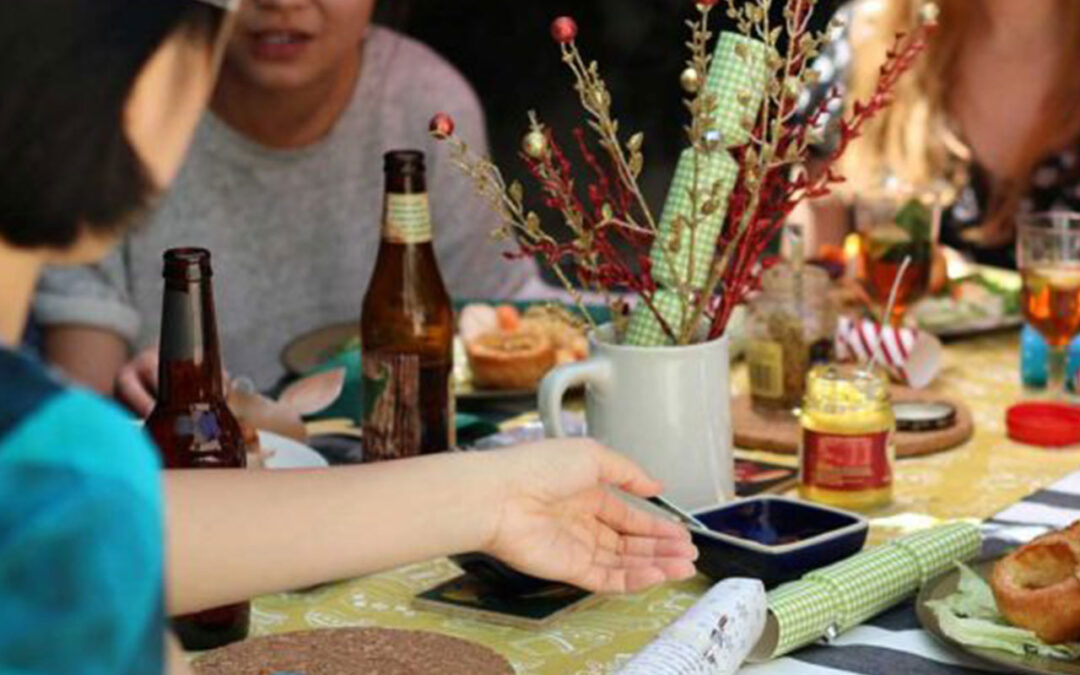
How to Increase Self Control
To increase self-control requires a person to make sacrifices. Although this sounds terrible, it’s the best thing you can do for your future.
Okay, let me first start off by admitting I’m a sucker for sugar and for television marathons on rainy weekends.
In moderation, these things are fine. A little piece of chocolate, a squirt of sugary hazelnut in a coffee, and a lazy span of time spent sprawled in the horizontal position on my couch once in a while aren’t going to derail me in any serious capacity. The real trouble comes into play when I’m faced with too many temptations to indulge in at any one given time.
Hey, let’s face it, it’s been a cold and rainy winter here in Maryland, more so on the weekends. This pretty much screams for sugar and television! Giving in every few weeks, maybe that’s okay, some may even agree it’s therapeutic, but when faced with the choice to plop sugar on my tongue and find out what’s happening next on Grey’s Anatomy on Netflix or work on some of my life dreams, there comes a point when a woman needs to conjure up some self-control.
Self-Control
Practicing self-control isn’t particularly fun. It means you have to say no to something. It means you have to shut off a craving and act strong. Gasp.
This is a lot easier said than done. If I decide to ignore logic and reason and continue to exhibit no self-control during too many rainy weekend streaks, I’ll put myself at risk of a great many things I don’t want to be at risk for, the biggest one being the failure to get any real grounding on my dreams. And if I keep eating sugar at alarming rates, well, the risk is not good news for my health.
When it comes to having to say no to something that we really enjoy, it feels like punishment, right? We’re being blocked from pleasure, instantaneous pleasure.
Our mind might start to go into overdrive to justify why we should not listen to the voice of reason. Given the right environment, our mind is going to work really hard to make that list as long as it possibly can so we feel within our rights to indulge in what gives us a lift out of the daily grind of life with all its bills, chores, pressures, and drama.
Believe me, I can justify with the best of the best, especially when it comes to sugar.
I can list ten reasons right now, before my next blink, why I should eat that sugar.
- Gives me instant energy
- It’s a mood booster
- Tastes delicious
- I only live once
- I work out
- It’s not that bad for me
- Everyone eats it
- I’ve been eating it all my life and I’m still here strong as anything
- It makes me feel good
- I smile when I eat it
I can become one of the most creative people I know when I go into this kind of justifying mode. If I want something badly enough, I’ll get pretty darn ingenious.
Imagine if I could take all that creative energy and use it for something more productive other than convincing myself why I should eat sugar whenever I want? I might get my next novel written sooner! I might record more podcasts! I might start another fun Facebook group.
In other words that extra energy could be put to good use.
You see, when we fail to practice self-control, we put others, as well as other outside influencers, in charge of our plans, our safety, and ultimately our life. Essentially, they become the driver while we take the passenger seat. They drive our thoughts and actions.
I don’t know about you, but I’ll be damned if I’ll let anything or anyone have that much control over me.
We get this one shot at life. So, wouldn’t it benefit us to make it as great as we can? This can only happen if we drive.
What is self-control?
We can view self-control as resistance to pleasurable temptation or empowerment over distraction.
It always comes down to our attitude and perspective, doesn’t it? How we look at the situation becomes a driving force in itself because that alone can determine our success or failure.
So what’s up with this sugar example anyway?
Obviously the example I provided using sugar is over-simplistic. Sugar in moderation is fine. Eating large quantities of it, not so much. This is common sense. But I used this example to help illustrate the concept of temptation and its negative impact on our plans. There are certain temptations that can really screw us up, and if we don’t practice self-control they can completely take over and destroy our plans at a good life.
People struggle with many different vices including things like infidelity, stealing, substance abuse, and violence. Other detrimental things include procrastinating, gossiping, and lying. Any one of these vices placed in the context of a choice between success and failure can steal a person’s ability to rise to the occasion of a great and purposeful life.
How to increase your self-control
So, let’s look at some ways you can improve your ability to look away from those lures and stay focused on your plans.
Remember that self-control is a skill
This means you can learn it and refine it. As with any skill, you have to practice what you learn. It may not sit right in you at first, but with persistent effort at mastering it, it will find a groove and settle in like a comfortable set of pajamas.
Visualize the desired result
Anytime we toss ourselves into a battle between wants and can’t haves, acute pain can sweep in, knock us off our axis, and have us pleading for mercy. On our travels, temptations are going to run out in front of us and try to yank us away from our path to get on theirs. A person can power through this by blurring out the pain and shifting the focus to what’s on the other side of it. What are you trying to accomplish? Decide on your “why”. If it’s strong enough, it will keep you safe along the journey.
Be aware of your triggers
Self-awareness is the key to staying in control. Know your tendencies. What sets you off? What habits always win? Know ahead of time what derails you, and plan your reaction to those situations. With a solid plan going in, you’re more apt to counter it and walk away undeterred.
Exercise your control
Exercise mindfulness through meditation. Simple deep breathing and refocusing your brain on those breaths can help you build will power and self-control, and increase your brain’s ability to resist impulsive behaviors. Just a few minutes a day can make a significant difference. When you’re faced with temptation, deep breathing is a fantastic way to set you back to focus. Or try blinking your eyes ten times in a row.
Get rid of the statement I can’t
Research has shown that when we state “I can’t,” we are creating a dangerous feedback loop that reminds us of our inadequacies. Our brains then go on a hunt to ensure we are not wrong, which results in self-sabotage. Change your statement to something more affirmative. So, say you’re trying to lose ten pounds for an upcoming wedding, and you’re facing a plate of cookies. Instead of saying “I can’t resist them,” try saying instead, “I don’t eat cookies.” This affirmative statement put you in control instead. It’s your choice. You are not forcing yourself to resist something, instead you are choosing to resist something.
Over to you. How do you practice self-control?






